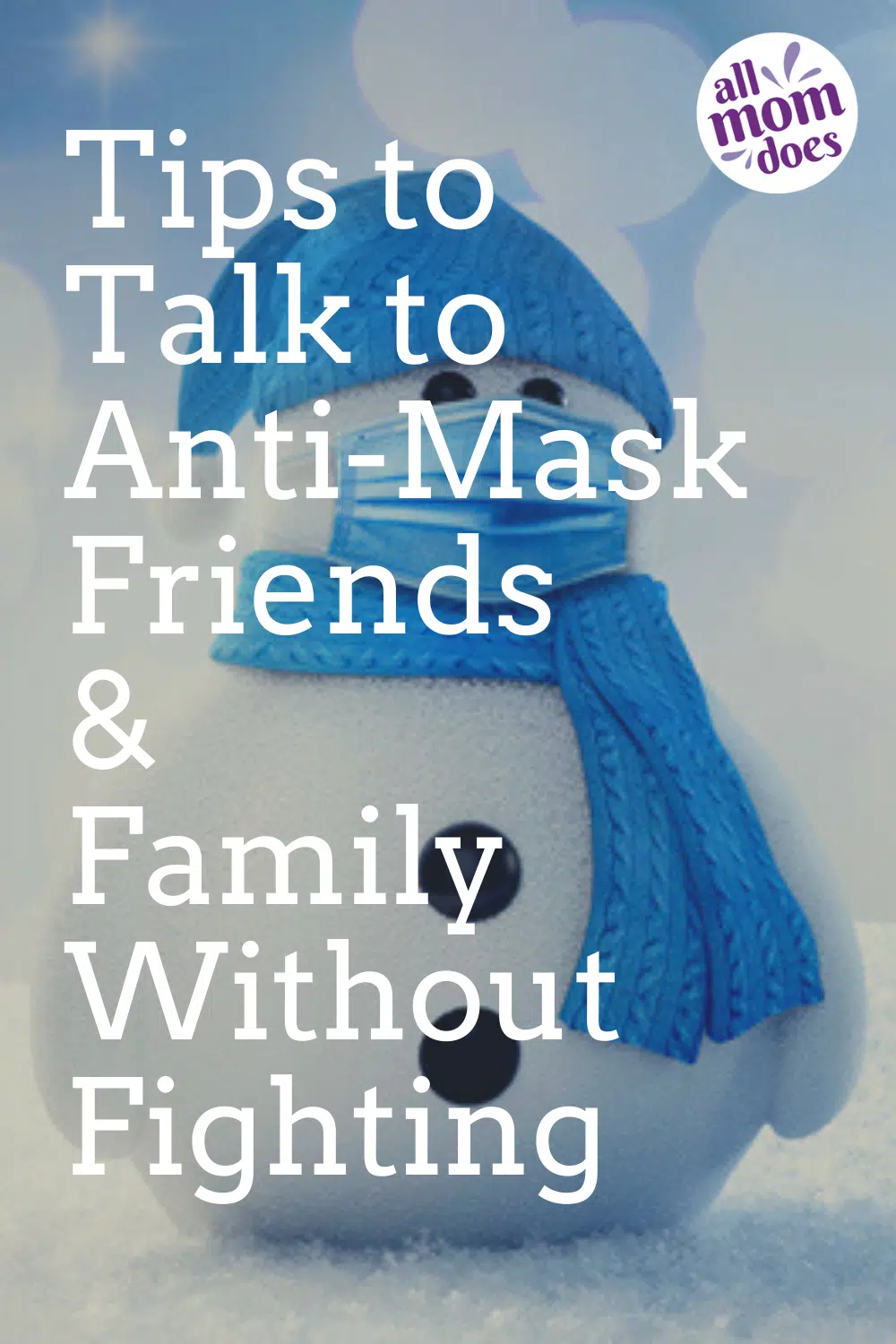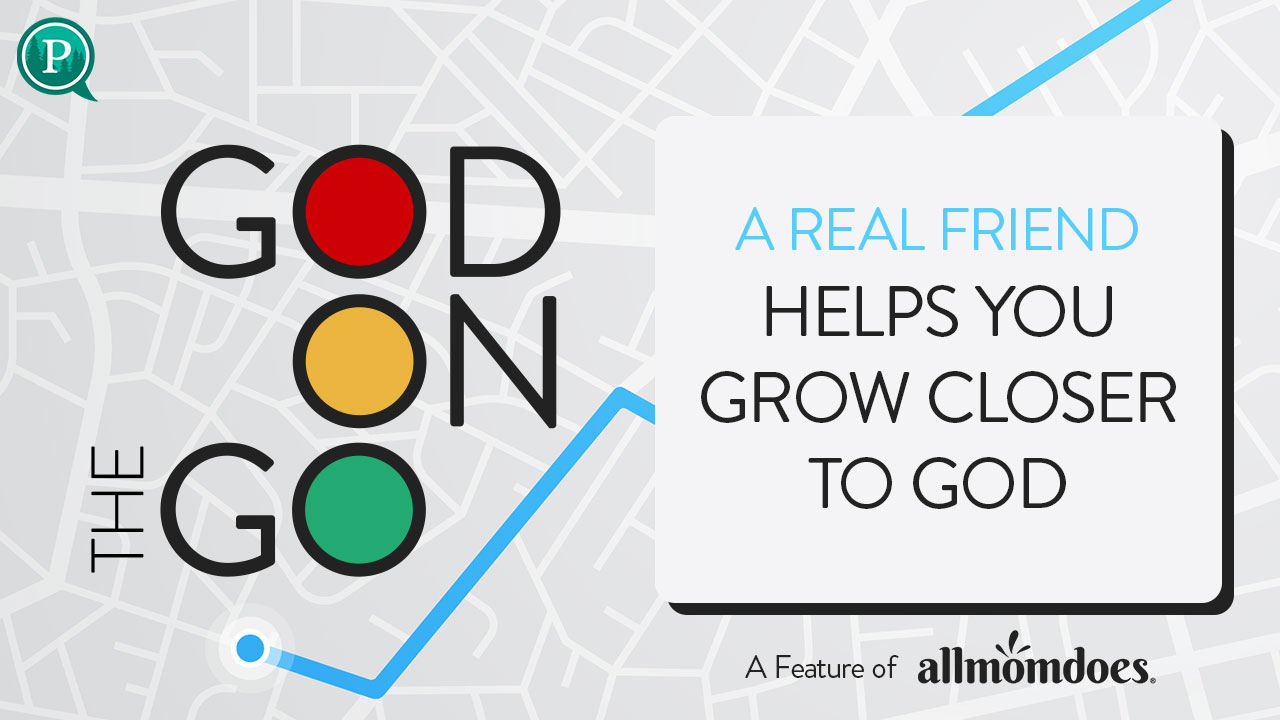This blog post is sponsored by Tacoma-Pierce County Health Department.
Masks have been shown to reduce the spread of COVID-19, but mask-wearing remains controversial. This was the case for Stan, a man in Pierce County who was vehemently anti-mask.
As mask-wearing regulations began to come down, Stan found himself disagreeing with family members and considering cancelling his membership to a store he frequents. He was frustrated, angry, and adamant.
Then one day, things changed.
On a simple trip to the grocery store he had an epiphany. As he looked at the checkers, many of them whom he knew as a regular shopper, he thought about how they’re at risk all day, and how he didn’t want to make their jobs more difficult.
“I finally realized I didn’t really care if it worked or not. I knew it was some protection, but the biggest thing was I didn’t want to be the one to get in a confrontation. I didn’t want anyone to have to ask me to wear a mask. The workers are just doing their jobs. They have to wear a mask. I’m in their store. I don’t want to get called out or get in a confrontation with other shoppers. How hard do I want to make this?”
Stan still finds face coverings annoying and mask mandates intrusive. But he also doesn’t want to be responsible for making someone else sick:
“I get it. People are tired of hearing about it. They just want to get on with their business and get their work done and you can’t blame them. They’re Americans, and they’re standing up for their rights. But do you really want to be the person who gets a phone call, and they contact trace you and you find out someone died? Why would I want to put myself in that position if I can help it? It’s a matter of being courteous and being mindful. Do I want to be upset the whole time? Be mad at everyone? Mad at the government? I’m kind of past that point.”
Today, Stan has chosen to stop wrestling with COVID and embrace compassion.
“It’s not all about me. It’s about those around me. Why do I want to be upset, when I’m just being asked to help out? Maybe a mask protects me, maybe it doesn’t. Maybe it protects others, maybe it doesn’t. You never know at what point, if you stand your stubborn ground, and you make someone sick—or someone makes you sick—and then someone’s on a respirator, fighting for their life. Are my rights worth that? If I can help avoid that for myself or someone else, what does it hurt? It might just help.”
After all, it’s only a mask.
HOW TO TALK TO AN ANTI-MASKER IN YOUR LIFE
Do you know someone who’s staunchly anti-mask? Frustratingly telling them to “mask up” won’t help. Instead, here’s how to engage in a healthy, productive conversation with them.
Prepare yourself. Commit to not arguing or becoming heated. Don’t hold the expectation that your friend or family member will change their mind by the end of your conversation. Make it your goal to simply understand them better rather than convince them they’re wrong.
Take a non-judgmental stance. Show them with your words and body language that you’re really just trying to understand their position – not engage in a debate.
Ask questions. Ask genuinely curious questions about their position to open up the lines of communication and help them feel heard. When the opportunity presents itself, you can share your position.
Use “I” statements. When you do talk about mask-wearing, talk about you and how you made your decision. Don’t make “you” statements like “You’re not keeping others safe” that will make your conversation partner feel judged and defensive.
Find common ground and practice empathy. It’s easy for your friend or family member to automatically be on the defensive. No doubt, they’ve had this conversation before and they expect it to go a certain way. Instead, find common ground as you explain your own position. Example: “I totally get how this feels like government overreach and it’s scary. For me, it feels like that’s a separate issue and I don’t feel like personally refusing to follow it is worth the potential risk of infecting others.”
Calm, rational conversations are the most effective to help bring down walls and open up minds. A person’s mind might not change after one conversation, or two…or ever. But engaging in contentious debates or angry name-calling do nothing but make the opposition dig in their heels. Let’s help our neighbors understand the importance of mask-wearing in a way that really works!
PIN THIS!













